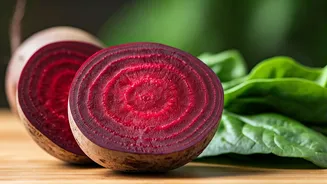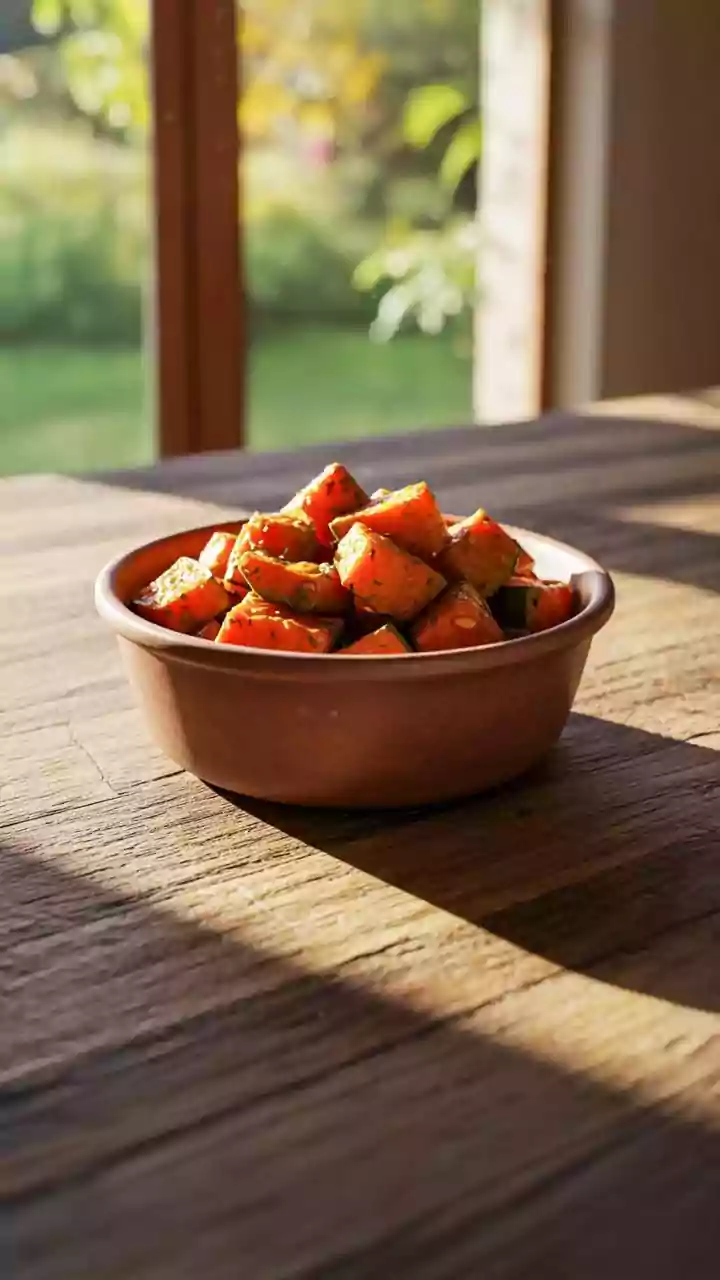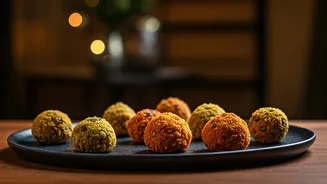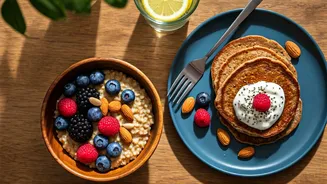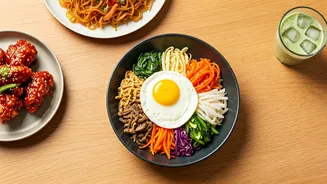The Blood Sugar Battle
Blood sugar, or glucose, is the body's primary energy source. When it's not properly regulated, it can lead to various health complications. This article
spotlights six foods that can naturally help manage this vital element. Managing blood sugar is critical for preventing and mitigating diseases like diabetes and insulin resistance. It's a daily challenge for millions, and dietary choices are a primary factor in this process. This article aims to offer specific, actionable advice to improve blood sugar regulation.
Embrace The Fiber
Fiber, particularly soluble fiber, slows down the absorption of sugar, which helps prevent blood sugar spikes. Oats, rich in soluble fiber, provide a steady energy release, curbing sudden glucose surges. Consume them as a part of breakfast. Legumes, including lentils and beans, are also great sources of fiber and protein. They can be incorporated into various meals, like soups, salads, or as a side dish. Fiber-rich foods like these increase satiety, making one feel fuller for longer, thus reducing overeating and helping to maintain a healthy weight. The fiber helps regulate the digestive process, ensuring that sugar is absorbed slowly, keeping glucose levels stable.
Go For Greens
Non-starchy vegetables like spinach, kale, and broccoli are low in carbohydrates but high in essential nutrients and fiber. These vegetables have a negligible impact on blood sugar levels. They provide numerous vitamins, minerals, and antioxidants that support overall health. Spinach and kale are also rich in magnesium, which can improve insulin sensitivity. Including a variety of these greens in daily meals helps create a nutritionally dense eating plan. Consider adding them to salads, stir-fries, or as a side dish. They’re easy to prepare and offer a flavorful way to improve your dietary habits.
The Power of Nuts
Nuts are packed with healthy fats, fiber, and protein, making them a fantastic choice for managing blood sugar levels. Almonds, walnuts, and cashews are some of the best choices. They help stabilize blood sugar because the combination of these macronutrients slows down the absorption of sugars. However, it is important to keep portion sizes in mind because nuts are calorie-dense. A small handful of nuts can be a satisfying and healthy snack. They're also excellent additions to salads or sprinkled over oatmeal. Consuming nuts can contribute to improved insulin sensitivity and a lower risk of blood sugar fluctuations.
Citrus Fruits Benefits
Citrus fruits, such as oranges and grapefruits, have a moderate glycemic index and are packed with fiber and nutrients. Their natural sugars are released more slowly, preventing sudden spikes in blood sugar. They are also rich in vitamin C and antioxidants. These fruits can also improve insulin sensitivity. Consuming these fruits whole is preferable to drinking juice. For the benefits of the fiber, one needs to eat the entire fruit. Enjoying them as a snack or adding them to your breakfast routine can be a tasty and beneficial choice. Consider incorporating citrus fruits to balance sweetness in your meals.
Spice Things Up
Certain spices have been found to aid in blood sugar management. Cinnamon is one of the most well-known. Studies suggest that cinnamon can improve insulin sensitivity and reduce blood sugar levels. Adding cinnamon to your diet can be as simple as sprinkling it on oatmeal, adding it to your coffee, or using it in baking. Fenugreek seeds are another spice. They contain soluble fiber and compounds that help to lower blood sugar. These seeds can be incorporated into your diet through cooking, as a spice, or by consuming them in supplement form. These spices add both flavor and health benefits to your diet.
